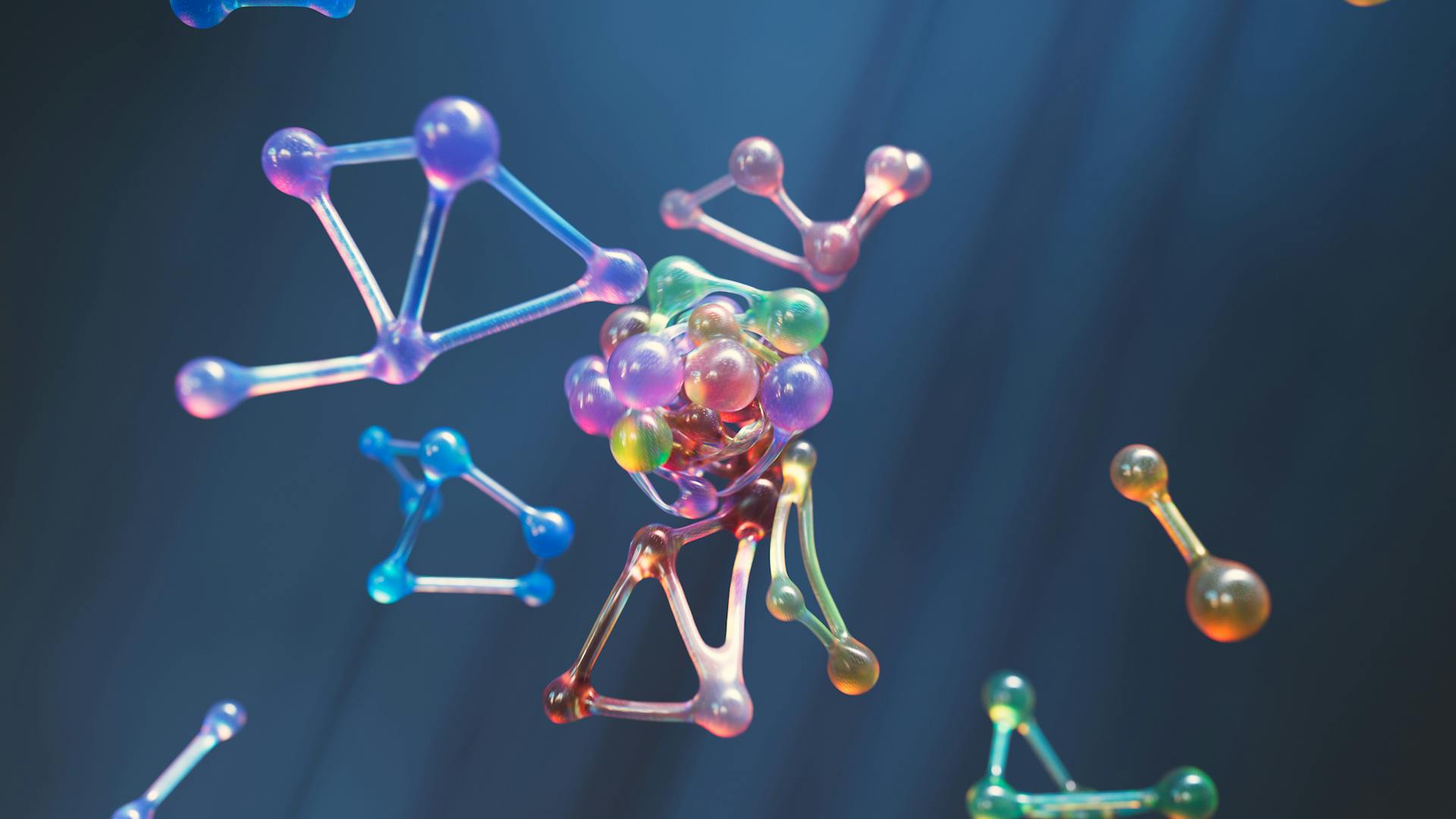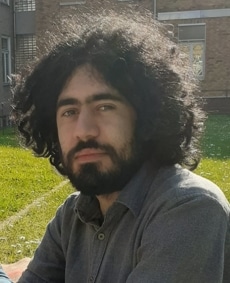
- Date
- 28 May 2025 / 5:30pm-7pm
- Venue
- Riverside Pavilion and Terrace
- Attendees
- All welcome
Spectroscopy is everywhere. In medicine, it forms the physical basis of magnetic resonance imaging (MRI), a powerful and non-invasive diagnostic technique. In astronomy, the famous James Webb Space Telescope reveals the chemical composition and dynamics of distant stars, planets, and galaxies, providing images of unprecedented resolution. In materials science, spectroscopy enables the investigation of the structural and electronic properties of new materials. In pharmacy, it is essential for monitoring the purity of pharmaceutical compounds, ensuring quality control. And perhaps surprisingly, spectroscopy also plays a role in the humanities, particularly in manuscript studies, where spectroscopic techniques are used to recover erased, overwritten, or faded texts in historical documents.
In the physical sciences, particularly physical-theoretical chemistry, spectroscopy remains a cornerstone of fundamental research. After several decades of research and ever-improving computer hardware, theoretical chemistry has matured into a quantitative tool that is now widely used in the chemical industry. In the age of artificial intelligence and large language models where computers can seemingly predict anything, one might question the need to perform any more experiments in the future. It will be explored how spectroscopy can be used to critically assess and help improve the accuracy and reliability of computer chemistry predictions and why AI may not yet replace physical chemistry any time soon.
Dr Arman Nejad conducts postdoctoral research in Theoretical Chemistry and is funded through a Walter Benjamin Fellowship by the German Research Foundation.
Arman studied chemistry at the Georg-August University Goettingen (Germany), graduating in 2018 with distinction and obtaining his PhD in 2022 summa cum laude, including research stays in France, New Zealand and Hungary. His dissertation, which was awarded the Göttingen University PhD Prize 2022, deals with the experimental (infrared and Raman) and theoretical vibrational spectroscopy of formic acid and its dimer.
Dr Arman Nejad currently works on developing post-Hartree-Fock electronic structure methods for the efficient treatment of electron correlation in solids. By education a vibrational spectroscopist, he continues research on the theoretical vibrational spectroscopy of hydrogen-bonded complexes.
